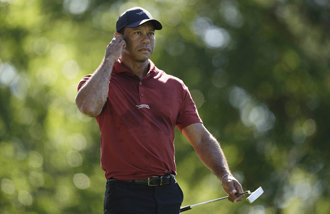National Defense Commission to Gain Power in North Korea
National Defense Commission to Gain Power in North Korea
Posted May. 21, 2007 03:01,
North Korea continued its spate of personnel changes in its main power positions while reinforcing its National Defense Commission (NDC), which has become the strongest force under the Songun Policy (Military First Policy) system of North Korea.
Recently, General Kim Myong Kuk (67) was appointed as director of the Operations Bureau of the Korean Peoples Army (KPA) Office of General Staff, and Lieutenant General Chung Tae Keun was appointed as deputy chief of the General Political Bureau in charge of Propaganda.
On May 18, Park Eui Chun (74), former ambassador to Moscow, was appointed as the new minister of Foreign Affairs. During the month of April, NDC Secretary Kim Yang Kon (69) was appointed as head of the Kang Ban Sok Revolutionary School of the Labor Party; General Kim Kyuk Sik (67) appointed KPA chief of staff, and minister of Land and Marine Transport Kim Young Il (63) appointed as a cabinet prime minister.
An important factor in North Koreas recent personnel changes is the strengthening of the powers of the NDC. The NDC became the strongest organization in North Korea after Kim Jong Il became the chairman of the NDC in 1998. At the time, the NDC was made up of seven military officials who were already holding other positions, and was not well structured or organized.
The recent personnel changes resulted in the appointment of several exclusive NDC officials. Director Lee Myong Soo (70) of the Operations Bureau became exclusively associated with the NDC in the turnover process. In April, former KPA Chief of Staff Kim Young Choon (71) was relieved of all other positions to become the NDC Vice Chairman. General Hyon Chul Hae was appointed as NDC Director of the Department of Commerce in September of 2003.
North Korea specialists interpreted the recent appointment of NDC personnel who do not hold any other offices as an attempt to change the NDC into an organization that is effectively structured and given actual functions. In this process, the monopoly of NDC positions by military officials has apparently been replaced with new appointments from elite officials from the Labor Party, foreign affairs cabinet, or economic organizations, thus causing the NDC to become the main policymaking body of North Korea.
taewon_ha@donga.com







